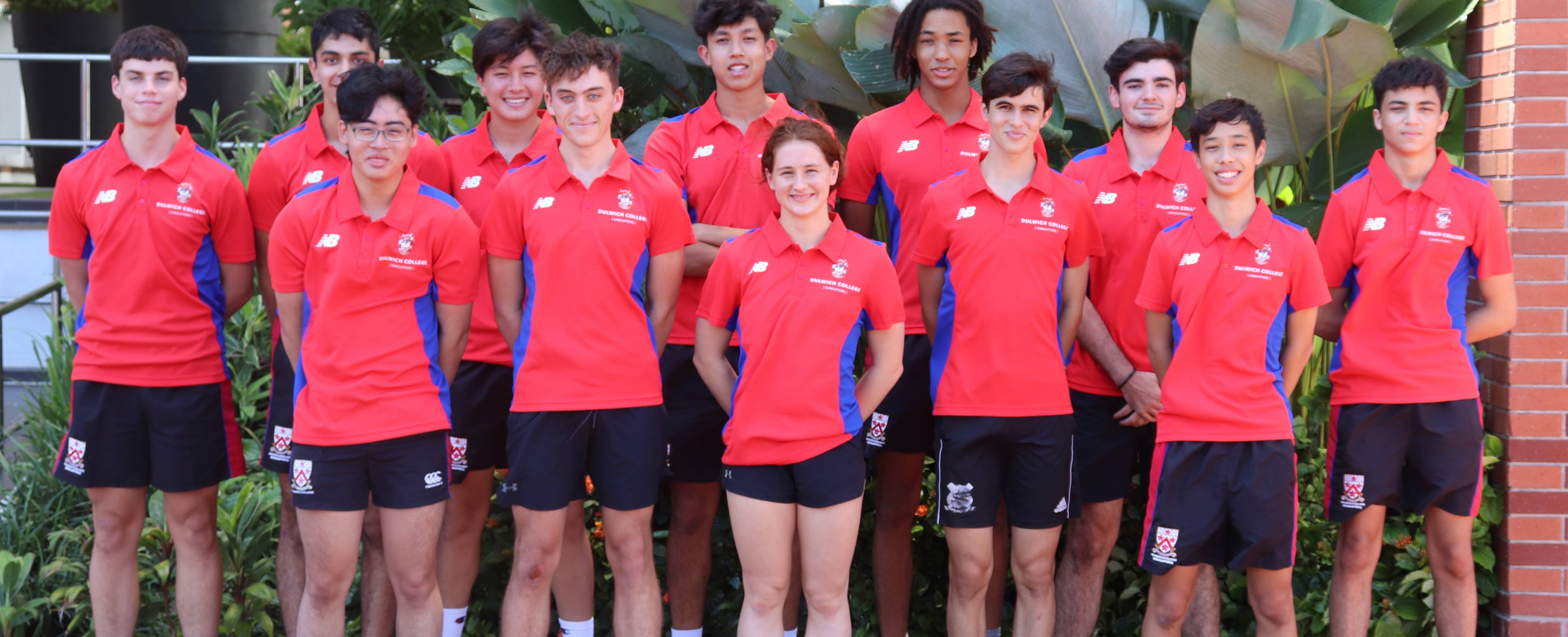IBCP Sports: Course Outline
The course provides an opportunity for those who have an interest in sports health, sports nutrition or sports coaching to explore, develop and test their professional skills within a qualification structure which is stimulating, demanding and provides a supportive transition from general to more specialised study. This qualification is designed to support learners who want to study sports as the main element alongside another area of complementary or contrasting study. The units encompass applied learning that brings together knowledge and understanding with practical and technical skills. In this course you will be exploring a range of sporting units in order to develop skills in the following three main categories:
- cognitive and problem-solving skills – using critical thinking, approaching non-routine problems, applying expert and creative solutions, using systems and technology
- interpersonal skills – communicating, working collaboratively, negotiating and influencing, self-presentation
- intrapersonal skills – self-management, adaptability and resilience, self-monitoring and development.
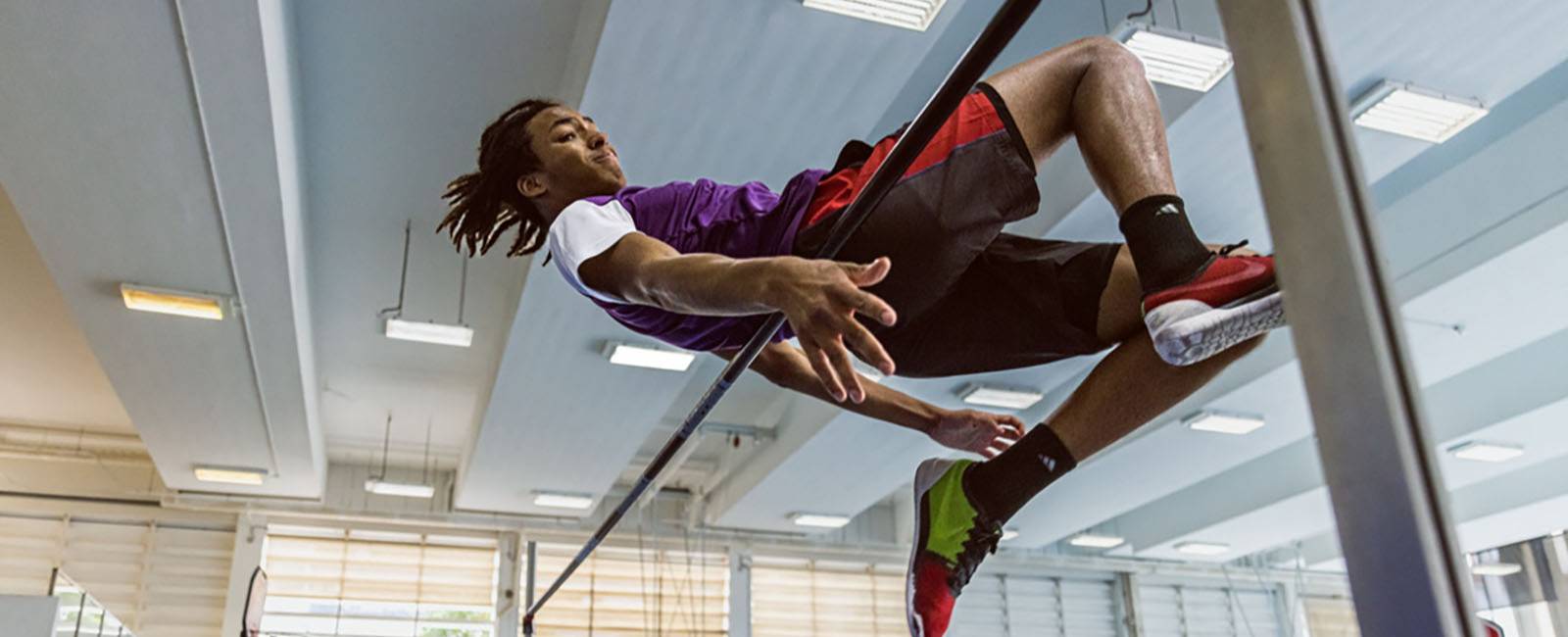
The applied learning is achieved through learners performing real-world tasks that encourage the development of appropriate professional behaviours and transferable skills. Transferable skills are those such as communication, teamwork and research and analysis, which are valued in both higher education and the workplace. Opportunities to develop these skills are signposted in the units.
Students will work with a number of local leisure providers as well as having the opportunity to take on various leadership roles within our Elementary, Junior and Senior school sports activities. We are also developing our links within the wider College community in order to provide meaningful sporting experiences in a real-world setting.
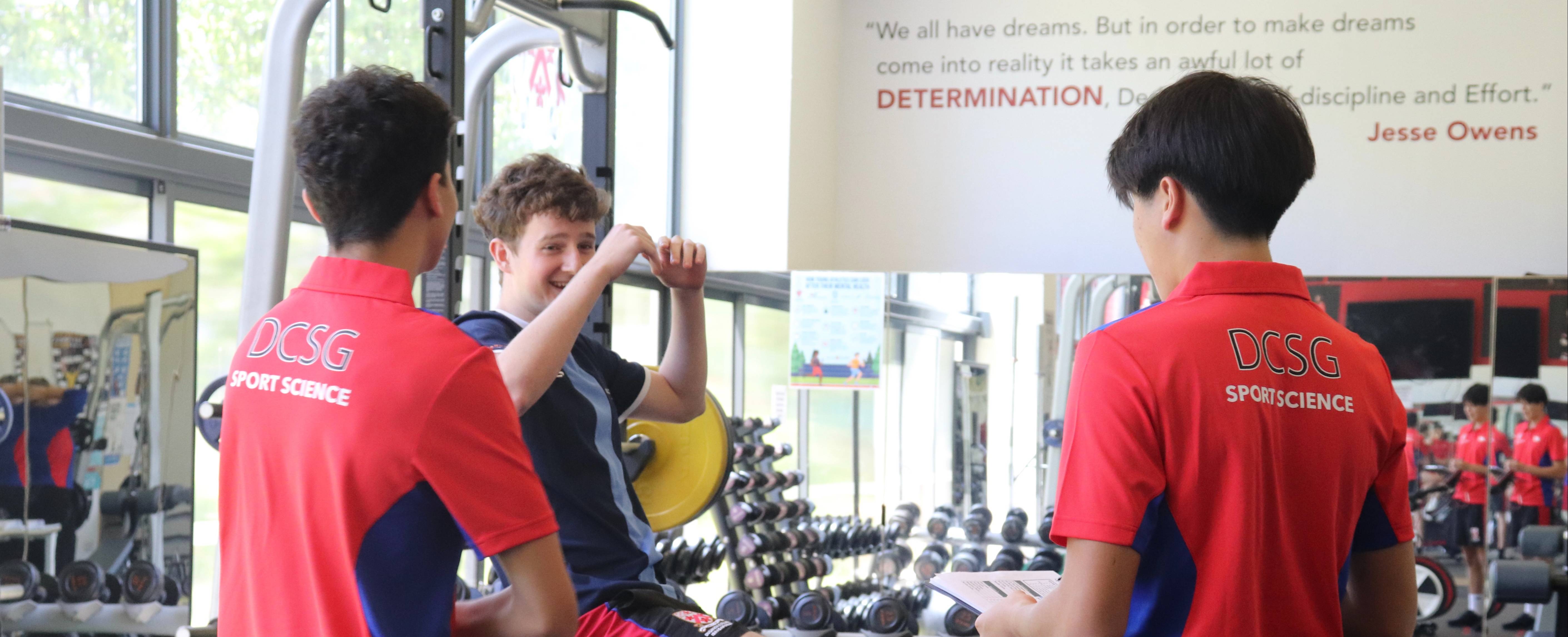
Possible Career Pathways
This qualification supports progression to job opportunities in the sports industries at a variety of levels. Examples of job roles available in sports areas include:
- Sports agent
- Sports development officer
- Sports coach
- Sports nutritionist
- Sports event management
- Sports performance analyst
- Physiotherapist / sports massage
- Leisure management
- PE teacher
- Personal trainer
- Sports psychology
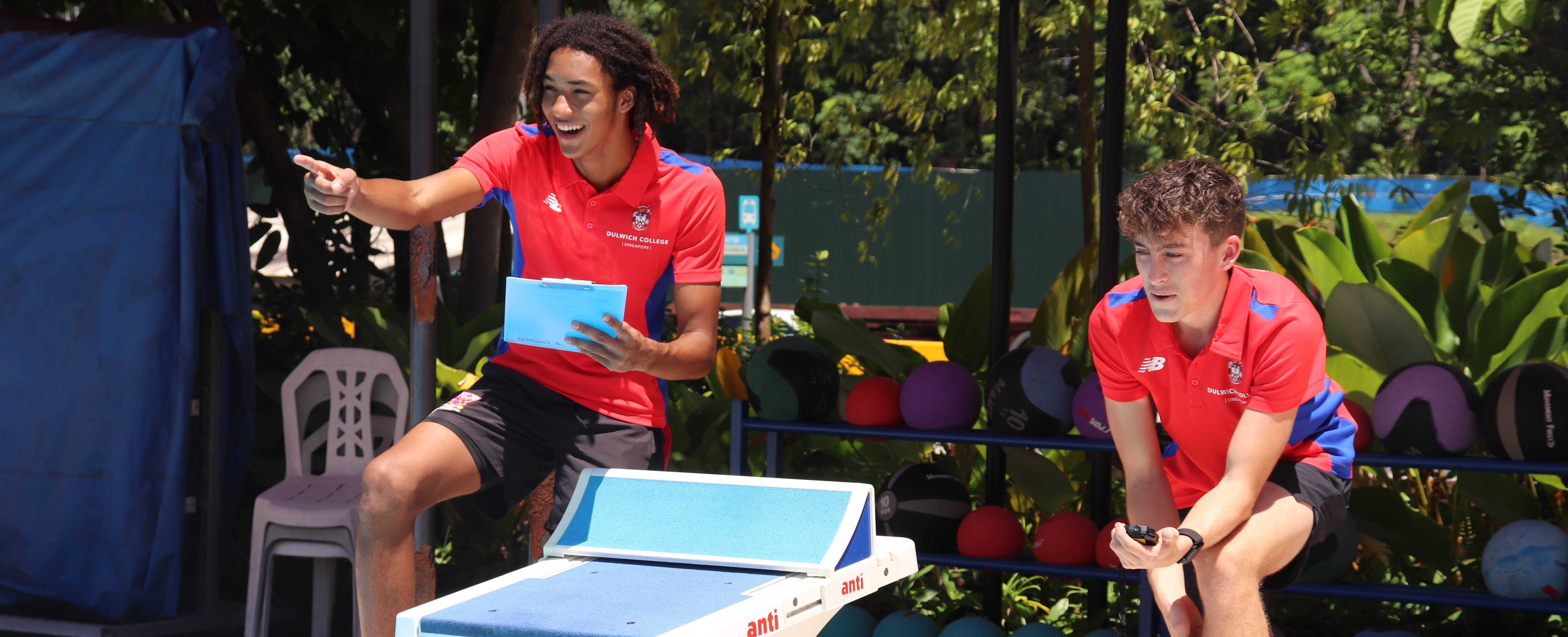
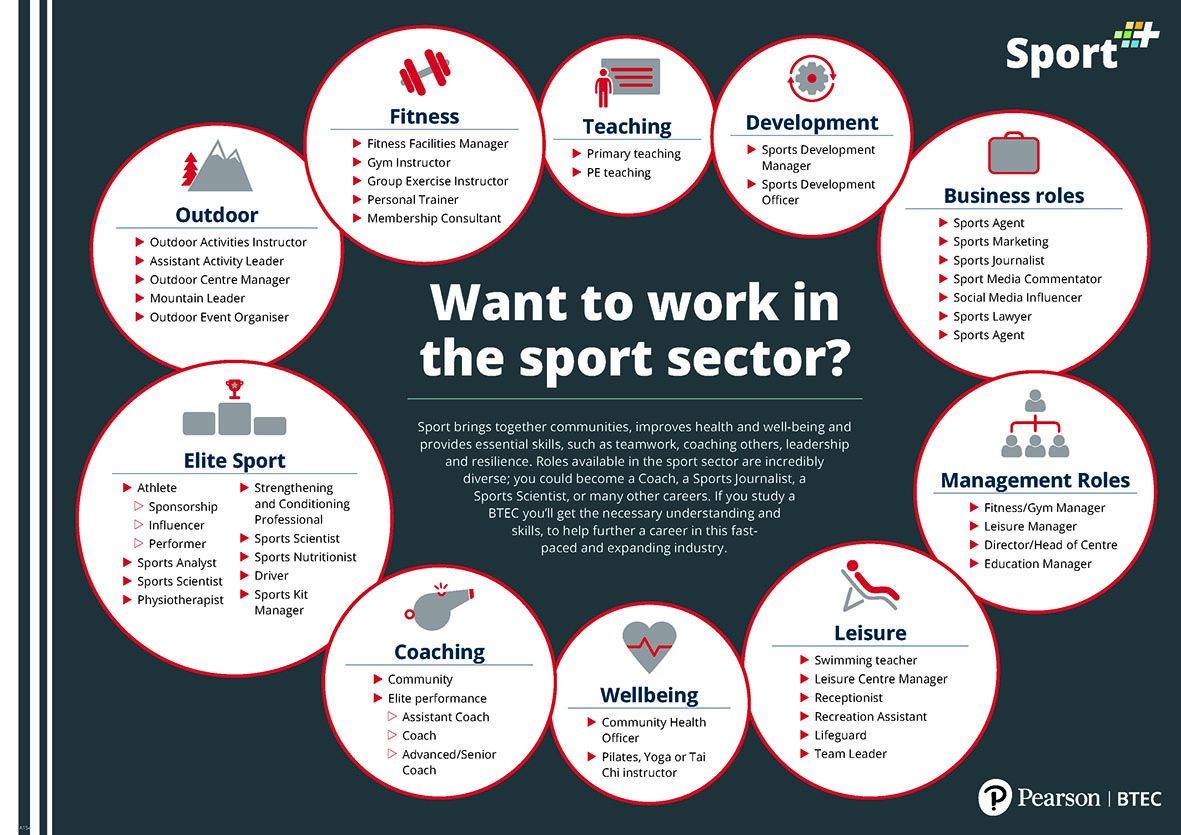
After achieving these qualifications, while learners can progress directly to entry-level assistant coaching roles, it is likely that many will do so via higher study. These qualifications are recognised by higher-education providers as contributing to meeting admission requirements to many relevant courses in a variety of areas of the sport sector, for example: BA (Hons) in Sports Coaching and Development, BA (Hons) in Sports Management, BA (Hons) in Sport and Physical Education, BA (Hons) in Health and Fitness, BA (Hons) in Diet, Fitness and Wellbeing, BA (Hons) Sports Business Management, BA (Hons) Stadium and Sports Facility Management, BSc in Community Sports Coaching, BSc in Sports, Physical Education and Teaching Science. You should speak to your University Counsellor to discuss the requirements for further study.
